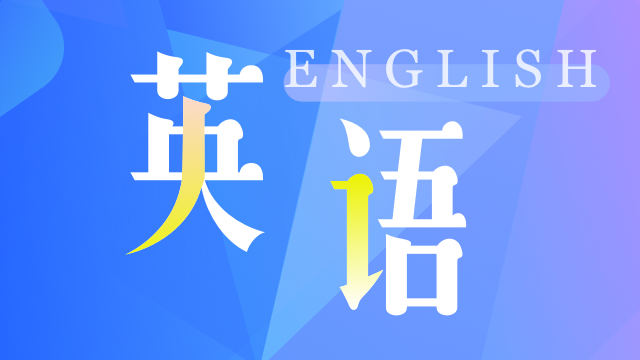rather than, would rather等詞組的區(qū)別
作者:Winner
2018-10-19 11:05
Rather than
Rather than means instead of something or in preference to.
Rather than 意為著代替或偏愛某物。
Rather than complicating matters further, we should just let Martha deal with it herself.
我們應(yīng)該讓瑪莎自己處理這事,而不是使事情更復(fù)雜。
Would rather / had rather
they are both the same in meaning – when you prefer to have or do one thing more than another. Although, 'had rather'?is more archaic and not as commonly used as 'would rather'. Generally, this is used as a contraction (I'd rather) so it isn't always clear which one is being used,but thankfully, they have the same meaning!
它們的意義相同——即當(dāng)你喜歡擁有或做一件事而不是另一件事。但是“had better”更古老,不如“would rather”常用。一般來說,常用于縮寫形式(I'd rather),所以常常并不能確定是哪個詞組..但幸運的是,它們含義相同!
“Would you like to go to Sarah's house for dinner tonight?”
“你今晚想去莎拉家吃飯嗎?”
“I'd rather stay at home” (I would rather stay at home / I had rather stay at home)
“我寧愿呆在家里”(意義相同,但是形式不同)
Had better
Had better is used to give advice or tell people what to do. The meaning is present or future, not past. Always use had, not have. After had better, we use the infinitive without 'to'. Had better has the same meaning as 'should'.
Had better在給人建議或告訴別人該做什么時使用。意為現(xiàn)在或?qū)恚皇沁^去。一般使用had,而不是have。had better之后,使用不帶to不定式。Had better和“should”意思相同。
We had better leave early if we don't want to get stuck in traffic. (we should leave early if we don't want to get stuck in traffic – advice/suggestion)
如果不想堵車的話,我們最好早點走。(如果不想堵車的話,我們應(yīng)該早點出發(fā))。
- 相關(guān)熱點:
- CATTI資訊匯總
- 2017年英語四級考試時間











